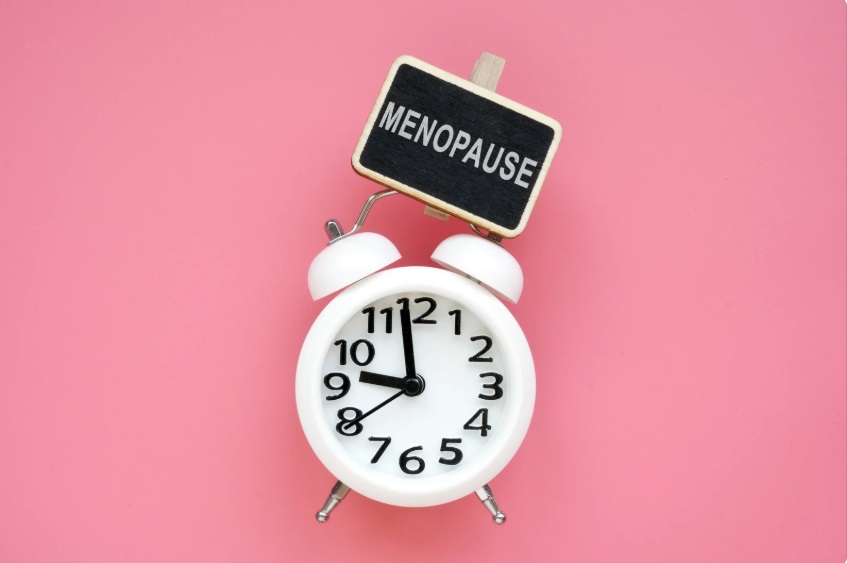
Many women worry that pre-menopause signals the end of their ability to have children. However, thanks to modern fertility treatments, motherhood is still possible. Advances in assisted reproduction, including IVF with egg donation, offer hope for those experiencing early ovarian decline.
Pre-menopause occurs when ovarian function begins to decline earlier than expected, leading to lower estrogen levels. This phase marks the transition toward menopause and affects a woman’s fertility.
Typically, menopause occurs between ages 45 and 55, but pre-menopause happens before age 40. Although menstrual cycles may continue, ovulation becomes irregular, making conception more challenging.
Several factors contribute to early ovarian decline, including:
✔️ Genetic Factors – A family history of early menopause raises the risk.
✔️ Cancer Treatments – Chemotherapy or radiation therapy can damage ovarian function.
✔️ Premature Ovarian Failure (POF) – The ovaries stop working much earlier than expected.
✔️ Surgical Procedures – Operations on the ovaries may lead to reduced fertility.
Understanding these causes can help women take early action to preserve their fertility.
The symptoms of pre-menopause often mirror those of menopause but may appear more gradually. Women may experience:
📌 Irregular periods – Menstrual cycles become unpredictable.
📌 Hot flashes and night sweats – Sudden sensations of heat followed by sweating.
📌 Mood swings and anxiety – Emotional shifts due to hormonal imbalances.
📌 Vaginal dryness – Reduced estrogen affects moisture levels.
📌 Low energy and fatigue – Decreased hormone levels impact stamina.
📌 Difficulty sleeping – Insomnia becomes more frequent.
Although these symptoms vary, early testing can help determine fertility options before menopause begins.
✅ Yes, pregnancy is still possible! Women diagnosed with pre-menopause often conceive through IVF with egg donation. This process involves:
✔️ Fertilizing donor eggs with sperm from a partner or donor in a laboratory.
✔️ Transferring the embryo into the uterus for implantation.
Since egg donors are younger, their eggs have higher quality, significantly improving pregnancy success rates.
Detecting pre-menopause early allows women to take action and explore fertility preservation options. Regular gynecological exams, hormone tests, and ultrasounds help monitor ovarian function.
If diagnosed, possible solutions include:
✔️ Egg Freezing – Women can store their eggs while they are still viable for future IVF treatments.
✔️ Egg Donation – If natural conception is no longer possible, donor eggs provide an effective alternative.
Taking proactive steps can extend fertility options and increase the chances of a healthy pregnancy.
Although pre-menopause reduces fertility, it does not eliminate the possibility of having a baby. Thanks to IVF, egg donation, and egg freezing, women can still experience pregnancy and motherhood.
If you’re concerned about pre-menopause and want to explore your fertility options, contact Sakalli IVF today. Our fertility specialists can help you find the best solution to achieve your dream of parenthood.
📞 Schedule a consultation and take the next step toward motherhood!
Copyright © Sakalli IVF. All rights reserved